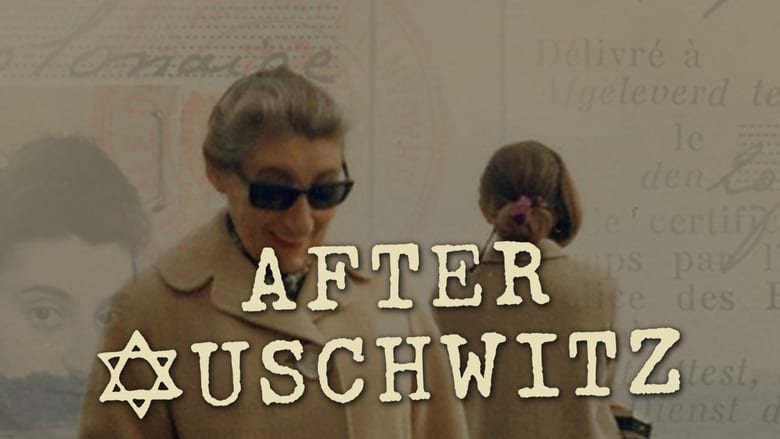After Auschwitz
One war ends. Another begins.
Genres
Documentary
OverView
For six female Holocaust survivors, liberation from the camps marked the beginning of a lifelong struggle.
Others
Budget
$--
Revenue
$--
Status
Released
Original Language
English
Runtime
83 mins
Rating
6.286/10
Release Date
25 March 2017
Country
Poland


